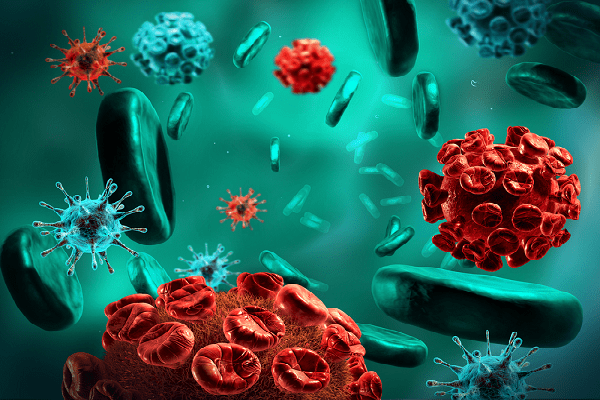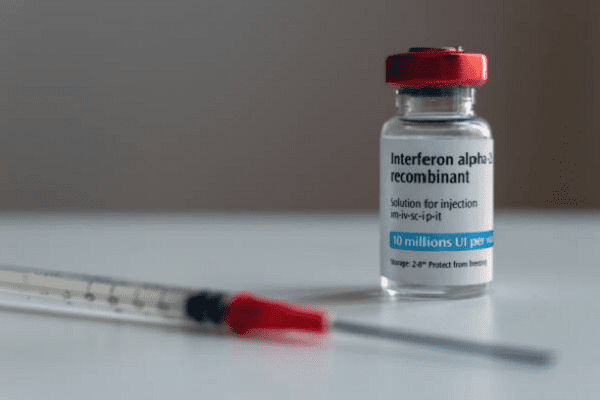Medical supplies >>>> Interferons - what are they?
Interferons - what are they?

The immune system is practically the only natural defense that a person has. The functions of the immune system are complex and varied. All the work on building protection against foreign microorganisms is performed by specific cells of the immune system, which are divided into groups according to responsibilities for each case of a response to an attack of antigens.
But in addition to specific immune cells, every normal cell of our body has an independent mechanism to resist infection. This is a mechanism for the production of interferons - substances of a protein structure that signal to neighboring tissue cells about the presence of a foreign microorganism and at the same time suppress the multiplication of the virus until the cells of the immune system itself begin their work to destroy it.

The name interferon comes from the English word "interference", which reflects the essence of the function of this protein.
How do interferons work? Viruses are all-pervading microorganisms, their microscopic size and simple structure make it easy to penetrate into cellular structures, rearrange them in their own way, multiply and spread to surrounding cells, doing the same job of capturing and multiplying cells. When a virus enters a cell, a mechanism for the production of interferon starts up in it, which blocks the activity of the virus, preventing it from multiplying. Further, interferon goes beyond the cell membrane and affects the membranes of neighboring healthy cells, thus preparing them to repel the attack of viruses. In the course of this repeated process, a cell infected with a virus (but already deactivated) is surrounded by neighboring cells, ready to defend their borders.
In fact, interferons neutralize viruses, but do not destroy them - the cells of the immune system will do this later.
What is the advantage of the action of interferon over the protective functions of antibodies of the immune system? Interferons are universal substances that block any type of virus, while the antibodies of the immune system have a strictly specific orientation - they selectively act on a specific antigen.

It is for this reason that the treatment of viral infections is given “at the mercy” of interferons, which the pharmaceutical industry has learned to isolate from the blood cells of animals and humans. So in the pharmacy you can find recombinant human interferon (obtained by synthetic hybridization of artificially grown pathogenic bacteria and human leukocytes, lymphocytes) and leukocyte interferon (from donor human blood cells or cattle blood cells (leukocytes, lymphocytes) by exposing them to a virus). A wide variety of interferon preparations opens up a wide field for manipulation in the treatment of various kinds of viral infections.
The benefit of interferons is that they successfully cope not only with the current viral infection, but are also able to exert a preventive effect during the period of the spread of respiratory viral infections, preparing the body's cells for the invasion of any type of virus. Interferons as drugs are an effective prevention of viral diseases.

Read

Read



























